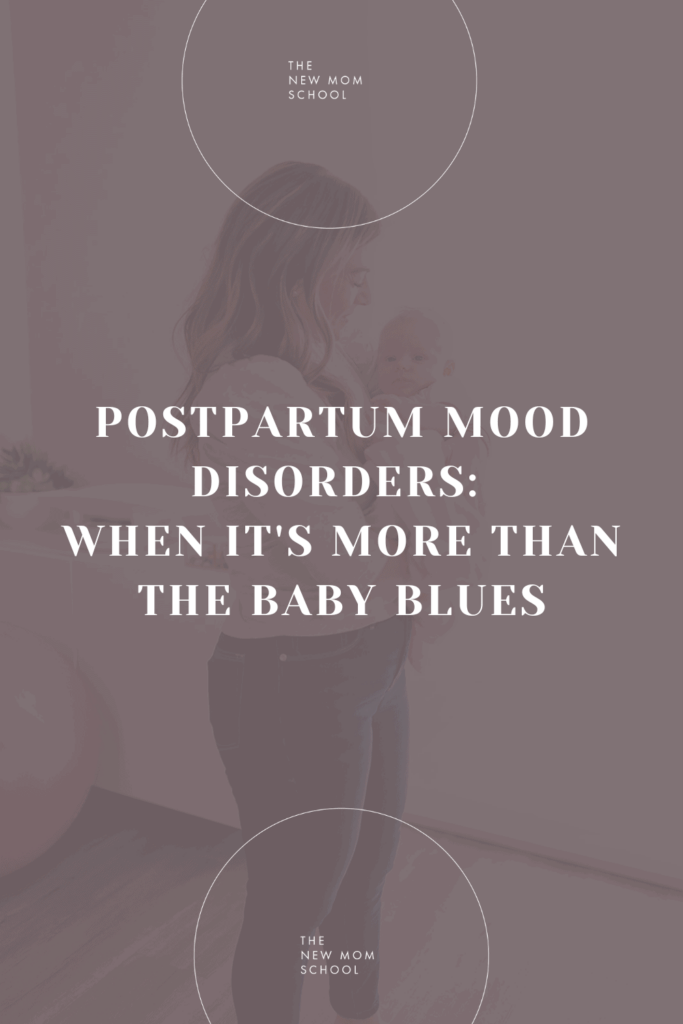Along with the joy and fulfillment that comes with motherhood, we often also experience a range of less-desirable emotions such as anxiety, exhaustion, overwhelming feelings of responsibility, and even sometimes, doubt. While it is normal to experience these emotions, for some moms it runs deeper and can develop into a postpartum mood disorder.
Postpartum mood disorders are more severe than baby blues and can affect a woman’s ability to care for herself and her baby. These disorders include postpartum depression
(PPD), postpartum anxiety, postpartum obsessive-compulsive disorder (OCD), and postpartum post-traumatic stress disorder (PTSD).
It is by no means a sign of weakness or of you being ‘less than’, and it actually forms part of the motherhood journey of far more women globally than you would think.
According to the World Maternal Mental Health Day statistics, one in five women will experience a perinatal mood or anxiety disorder globally. And what’s more, perinatal depression and anxiety disorders are the most common complication of childbirth, with up to 20% of women experiencing PPD alone.
Yet sadly, it is so often underdiagnosed.
So what do you do if it feels like more than the ‘baby blues’?
It is important to recognize the signs and symptoms of postpartum mood disorders, as early detection and treatment can lead to a quicker recovery.
Have you found yourself ever feeling so overwhelmed you don’t know what to do to pull yourself out of it? You are not alone, and there are some things to look out for.
Common signs can be:
- Feelings of sadness or hopelessness
- Loss of interest in activities you once enjoyed
- Trouble sleeping or sleeping too much
- Difficulty concentrating
- Irritability or anger
- Panic attacks
- Intrusive thoughts or worries
If you are experiencing any of these symptoms, it is important to seek help. Local helplines such as the Mind Mood Support Program at Hoag Women’s Health can provide support and resources for women experiencing perinatal mood disorders.
Additionally, joining one of our New Mom School classes can be just what you need to get on the right track and hopefully, minimize your experience of postpartum depression.
Our classes give you a space to be vulnerable. We offer a supportive environment for our new moms to connect with each other, learn new parenting skills, and revel in the shared experience.
Remember, postpartum mood disorders are common and treatable. By recognizing the symptoms and seeking help, you can take the vital first steps needed so you have enough in the tank to care for yourself and your family.
Feel this way and want to take the first step? Find the New Mom School class that’s right for you to be surrounded by a community of like-minded mamas going through the same challenges you face.
You need a community, Mama, and we’ve got one ready and waiting.
You might also like: 5 Ways Joining a Class at New Mom School Can Help Minimize Postpartum Depression.


